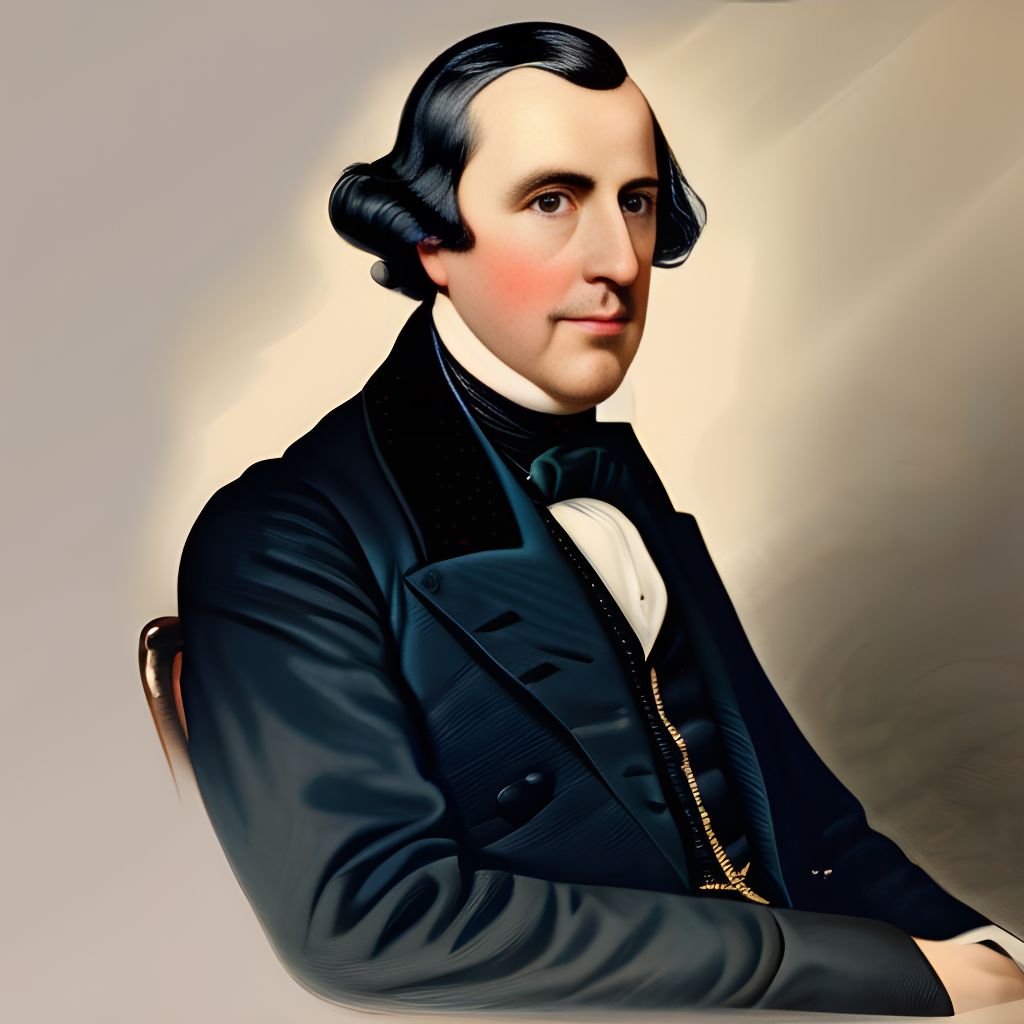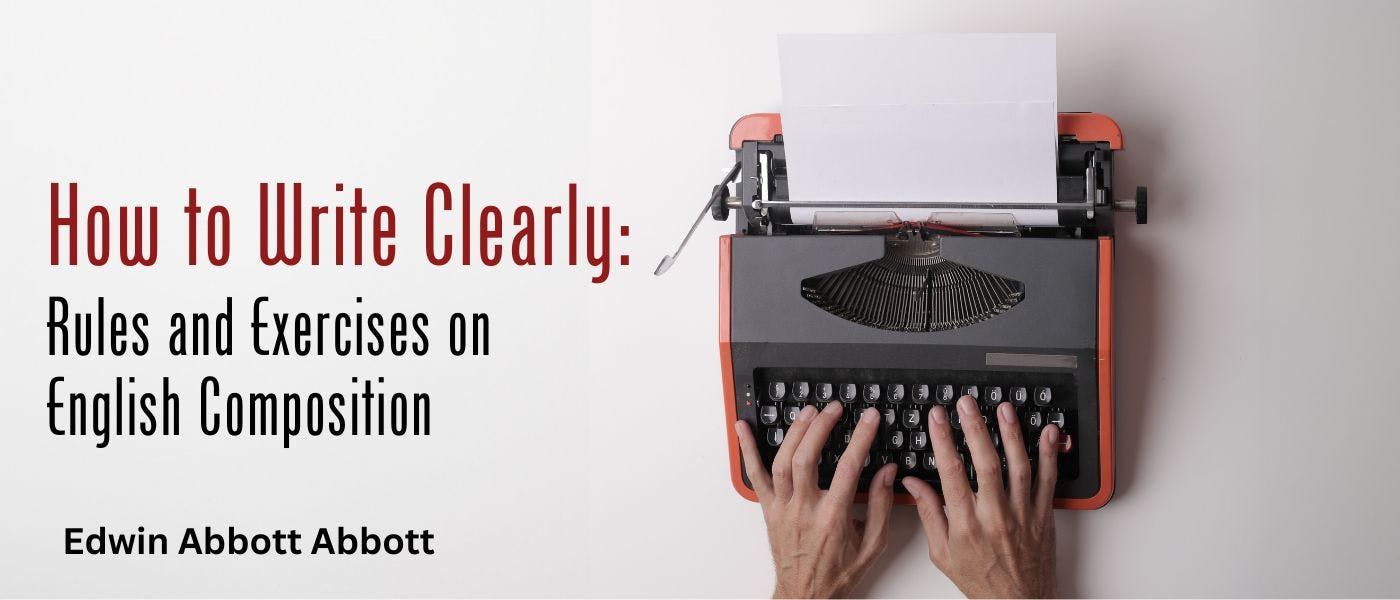WORDS
by
November 30th, 2023
Audio Presented by

Edwin Abbott Abbott FBA was an English schoolmaster, theologian, and Anglican priest, and author.
About Author
Edwin Abbott Abbott FBA was an English schoolmaster, theologian, and Anglican priest, and author.
